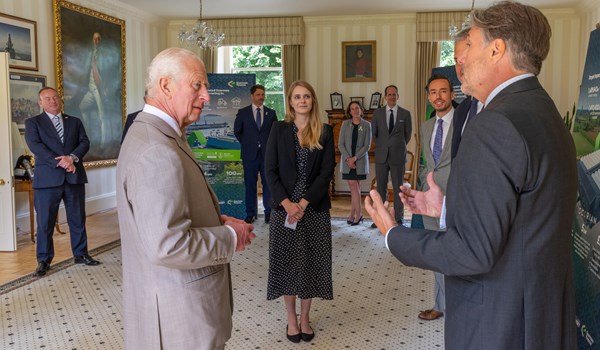Kariuki emphasized the necessity of financial innovation and the potential of raising climate finance through carbon markets, urging African countries to seize opportunities for trading carbon credits under the Paris Agreement’s compliance markets.
During the 2024 Annual Meetings of the African Development Bank (AfDB) Group in Nairobi, Kenya, Dr. Kevin Kariuki, Vice President for Power, Energy, Climate, and Green Growth at the Bank, announced the official membership of the AfDB in the African Carbon Markets Initiative (ACMI). This strategic move aims to empower African countries and the private sector in securing additional resources to combat climate challenges effectively.
Kariuki emphasized the necessity of financial innovation and the potential of raising climate finance through carbon markets, urging African countries to seize opportunities for trading carbon credits under the Paris Agreement’s compliance markets.
The round table discussion, moderated by Anthony Nyong, Director of Climate Change and Green Growth at the AfDB, gathered ministers of finance, heads of international organizations, and other stakeholders to share ideas and experiences. Dr. Alexander Ampaabeng, Deputy Minister of Finance in Ghana, highlighted Ghana’s experiences and policies in the carbon market, emphasizing the need for transparency through strategic investments in technologies.
Ministers and representatives from countries like Comoros and Malawi emphasized the critical need for capacity building and innovative approaches to embrace and capitalize on emerging opportunities in carbon markets. Dr. Bärbel Kofler, Parliamentary State Secretary to the German Federal Minister for Economic Cooperation and Development, called for addressing challenges such as double counting and ensuring investments consider their effects on communities, human rights, and the environment.
Dr. Hanan Morsy from the United Nations Economic Commission for Africa emphasized the importance of global regulations to standardize pricing and ensure sufficient compensation for African countries. Other speakers stressed the importance of integrity, transparency, and revenue-sharing arrangements in carbon markets to benefit the entire value chain.
The round table facilitated an exchange of ideas and experiences among participants, providing valuable recommendations for addressing challenges and leveraging opportunities in carbon markets across African countries.



